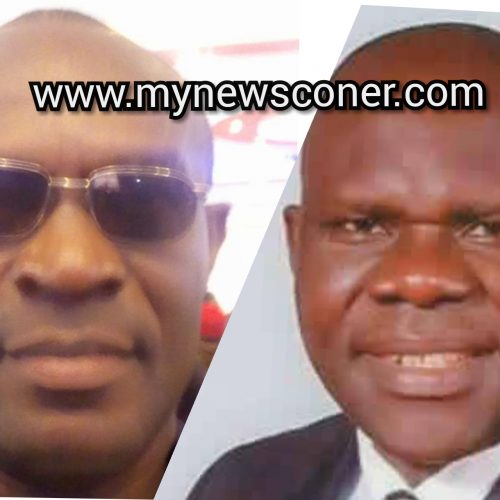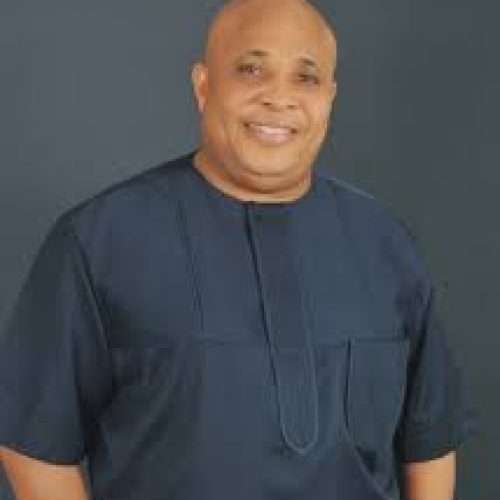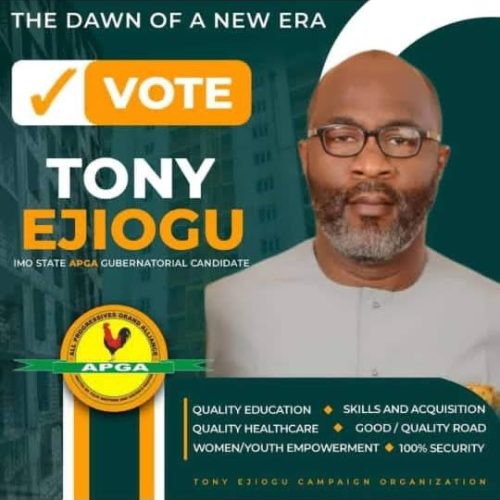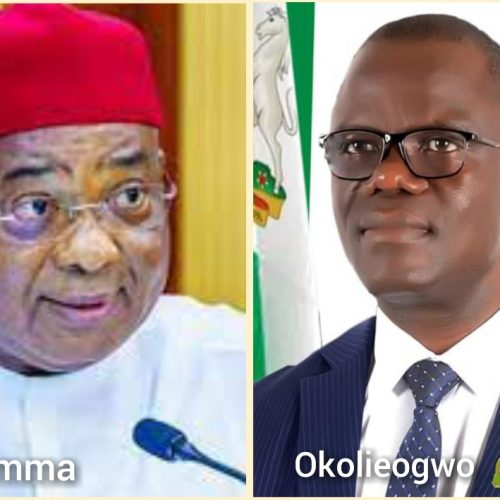The Traditional Identities of Emekuku and Her Revered Royal Stool: Are There Crisis?
By Chinedu Max Egere…
The passion for traditions, customs, and cultures of communities in Igbo Land on their ”Ezeship’’ stool would always give room for independent researches and investigations that must not be pitched on sentiments, but meant for “human interest and knowledge”.
Such articles have been done on several communities in that manner, totally informed by passion since the whole idea is positively anchored on the existing traditions, customs and cultures of such communities as they relate to their royal stools, therefore, ill feelings leading to misinterpreting such independent researches and investigations as to be twisted in favour of a certain party should be dead on arrival.
Writing about the traditional processes for the selection of an ‘Eze’ in any community of choice is an open thing subject to public readership.
Communities celebrate their traditions, customs and cultures and also evoke them at will to achieve their aims for which their royal stool affairs are inclusive. Without the application of such traditions and customs, how can communities exist and coexist with others?.
Owere Nshi Ise moved on to stick to their traditional identities on their ‘Ezeship’ in spite of political attempts towards balkanization of the ancient community.
I had made articles on Ogwuaga Abba community in respect of their orderly rotation of ‘Ezeship’. I had also made on Owere Nshi ise’s popular hereditary method and those of Egbu kingdom, Nkwesi and others. A rejoinder to the one of many titles hence ‘’Hereditary monarchy in Igbo communities and the guard of Tradition. The historic instance of Emekuku’’ is harmlessly interesting since the authors did not fault any of the traditional and historic facts about the community that are contained in the article.
The traditional identities of Emekuku would always attract the envy of other communities in the World going by their traditional sequences with references to their royal stool. History will always be there to justify this..
That article and the previous ones had stated how the traditional processes of Emekuku produced their monarchs in the past, which include the Iate Eze Peter Ugochukwu Obi, and a question was raised still in line with their tradition, whether the surviving grandsons of Obi royal family have met over the succession of Eze Peter Obi? A similar question was asked on Owere Nshi Ise?
Information gathered in the course of independent investigations show that the current surviving grandsons of Obi Royal family constitute the principal members of Obi royal family or are they not?.
Another question was whether this set of persons, has played the required traditional roles to save both the tradition and image of their revered community?. In the previous article,it was stated that the direct sons of Obi Ejeshi Ajoku Abuba had gathered to choose the then Prince Peter Ugochukwu Obi, who would later be crowned the ‘Eze” in 1981.
Information sourced from investigations also indicate that the generation of the late Eze Peter Obi is gone, and that he was
the last to gloriously exit out of the direct surviving sons of Obi Ejeshi Ajoku Abuba or is it a twist?.
Now, and at present, the surviving grandsons of Obi royal family, believed to be the principal members were said to have met trailed by a report that read thus: “At a meeting of the direct grandsons of Obi Ejeshi Ajoku Abuba,( the principal members of Obi Royal & family) in preparation for the conclusion of the mourning period of the late Eze Peter Obi, a careful appraisal of the situation was carried out and that one of them named, Prince Reginald Chidozie Obi was identified as the likely successor to the throne and until the mourning period would elapse he cannot be presented to the community. The only other people that can be briefed according to the report are the traditional ruling council compromising Nde Oha and the CGC and that this should be kept in strict confidentiality’’.
It would be interesting to have contrary reports of such meetings which can be contained in either rejoinders or subsequent reports.
A recent rejoinder to the previous article published in some print and online newspapers signed by one Alex Ezinna Offurum and another, Paul Akuta had surprisingly described the stated principal members of Obi Royal family as ‘a small band of disgruntled members of Obi Royal family’’.
Members of the public have continued to wonder why the duo would not enlist the ‘big band’ of members of the same Obi Royal family for the readers to peruse for information.
In Emekuku, members of the supreme council of Oha are usually selected from the ten villages. Three of them from each of the ten villages. This is commendable.
Quite similar to the traditional methods in Owere Nshi Ise and Egbu going by their hereditary background, that of Emekuku from findings is that when the principal members of Obi Royal family select one of their own, they present him to Nde Oha (the elders) and Nde Nze before his coronation by the supreme council of Oha Ezelukwu and the entire community.
For Owere Nshi Ise, the Royal dynasty of Njemanze through her principal members, which the Rtd. Hon Justice Benjamin Njemaze, the former Chief Judge of Imo declared in his book as “Umu Njemanze’’ would first select one of their own before progressing further, traditionally.
In Egbu too, the principal members of Egbukole dynasty would select their own through their principal members before presenting him to Ndeoha who would subsequently present him to the entire community.
Another interesting question here is: Who and who are the principal members of a royal family? Again, in Emekuku which is widely seen as a great traditional community, are there crisis regarding her ezeship stool and were there interim injunctions that were either honoured or dishonoured? More to these, are there peace in the enviable Community?
I come in peace. Chinedu Max Egere writes from Owerri.
About author
You might also like
Imo Commissionership: SA on Research, Ogu Bundu Nwadike Replies Prof Obiaraeri on 2/22 Executive Council
In reaction to a former Commissioner for Information, Professor Nnamdi Obiaraeri’s statements concerning the constitution of Imo state Executive Council, and how best it should have been if constituted equally
The ACJ Imo Does not Grant the Governor the Power to Detain Anyone at His Pleasure
By Sam Amadi. Yesterday, the social and conventional media were agog with reports of a new law in Imo State which gives the governor of the state the power to
Martin Agbaso, Given The Bouncing Baby, To Nurse In Imo
By: Sam. Onwuemeodo… My initial thought was to caption this diary, “So Short A Letter,” to Martin Agbaso. And after the novel, titled “So Long a Letter,” written by the
Gov. Uzodimma and the Politics of Stakeholders Meeting
By Chuks Ofurum. “You only have to do a few things right in your life so long as you don’t do too many things wrong.” (Warren Buffett). The recent Stakeholders
Money And Muscle Politics In Imo State—why A Paradigm Shift Is Long Overdue
By Kingsley Chkwuebuka… For what it’s worth, political leadership, in its purest form, is about attaining political power and leveraging on it to influence decisions that bring about human development,
Viewpoint: Why Willie T.C Okolieogwo Contributed Significantly Towards Uzodimma’s 2nd Tenure
By Ikenna Orioha… Ambassador Willie TC Okolieogwo is the Sole Administrator of Oru West Local Government Area of Imo State and Chairman, Association of Local Governments of Nigeria (ALGON), Imo












0 Comments
No Comments Yet!
You can be first to comment this post!